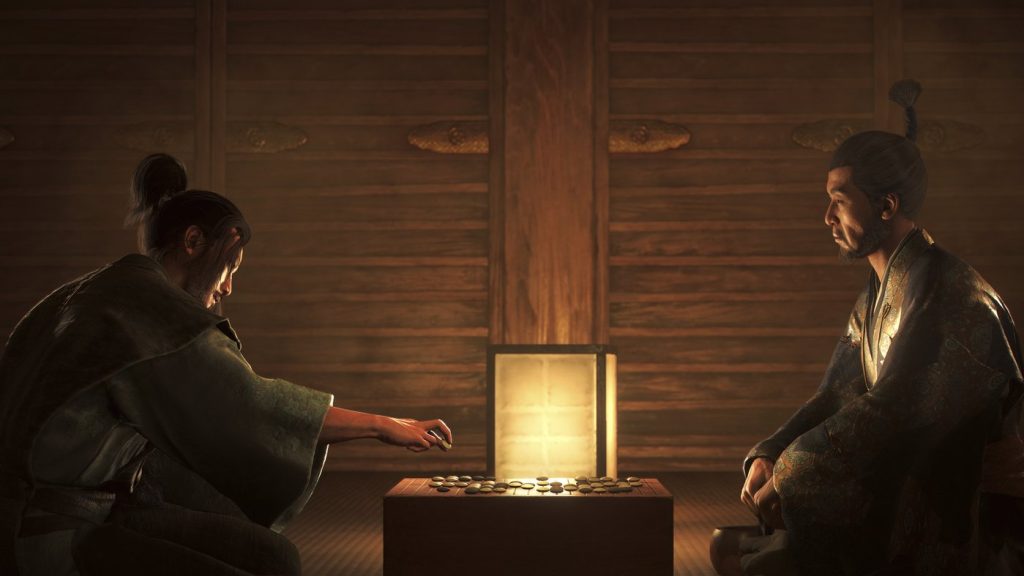HANOVER, N.H. (AP) – Sachi Schmidt-Hori, an associate professor of Japanese literature and culture at Dartmouth College, has faced significant online harassment after her involvement as a narrative consultant on Ubisoft's latest installment of the Assassin's Creed video game franchise, titled Assassin's Creed Shadows, which launched on March 20, 2025. Although she had never played the game, the backlash began in May 2024, following the release of a promotional trailer.
As harassment escalated, Schmidt-Hori found herself isolated, with no one to defend her. In response to the vitriol, she adopted a unique approach: confronting hate with kindness. Schmidt-Hori remarked, "Once I realized that I was by myself—nobody was defending me—I just decided to do what I knew would work. It’s very difficult to hate someone up close."
The game is set in 16th-century Japan and features Naoe, a Japanese female assassin, and Yasuke, a Black African samurai. The inclusion of Yasuke ignited controversy as gamers criticized it as an example of "wokeness" gone too far. Many directed their anger toward Schmidt-Hori, flooding her inbox with abusive messages, posting fake reviews of her academic work, and even attacking her husband. Comments included derogatory references to her academic focus on gender and sexuality, with accusations that she was distorting historical narratives.
Despite the historical basis of Yasuke's character, the backlash continued, particularly from Asian men who felt that Schmidt-Hori was dismissing their narratives. She stated, "I became the face of this backlash. People wanted to look for who to yell at, and I was kind of there." Ubisoft, the game's developer, advised her to ignore the harassment, but Schmidt-Hori found inspiration from civil rights leader John Lewis and aimed to create "good trouble."
Schmidt-Hori began to reach out to her critics, engaging them directly through replies to angry emails and inviting conversations via Zoom. Her attempts to humanize the situation resulted in some critics changing their tone. For instance, when she reached out to an influencer who had spread negative narratives about her, he eventually removed his article. One critic expressed regret, stating that he felt like Schmidt-Hori was part of his family and apologized sincerely for the distress caused to her.
Among those she dialogued with was Anik Talukder, a 28-year-old South Asian man from the United Kingdom, who had posted a screenshot of Schmidt-Hori and criticized the game for its racial inclusivity. After accepting her Zoom invitation, he engaged in a constructive conversation about representation in Western media and later apologized multiple times. He reflected, "I learned a massive lesson. I shouldn’t have made this person a target for no reason whatsoever."
Ubisoft has refrained from specific comments regarding the criticisms of the game or the harassment faced by Schmidt-Hori. In a statement, the company emphasized its commitment to careful research and collaboration with experts while recognizing the importance of artistic liberty in game development. They also commended Schmidt-Hori for her engagement with the issues and recognized her as an asset to the project.
Experts like Kate Mays, an assistant professor of public communication at the University of Vermont, noted that while many individuals targeted by online hate retreat for self-protection, Schmidt-Hori's proactive approach disrupted toxic narratives and forced her critics to recognize her humanity. Mays stated, "The intervention that she did was pretty brilliant...forcing people to address her as a human and an individual."











